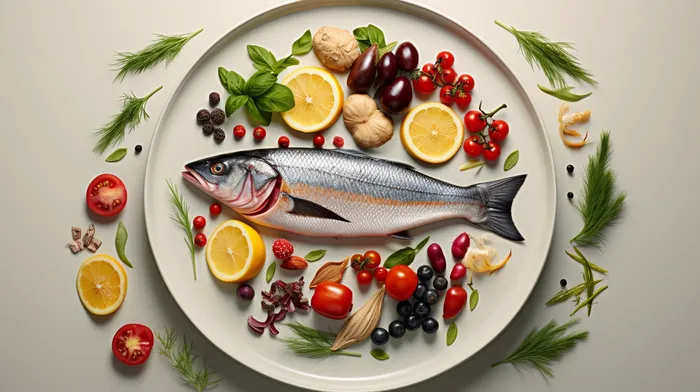Maintaining a proper diet is essential for more than just managing your weight. The substances you consume play a key role in your overall health and well-being. Fill your body with junk, and it will likely turn into junk. But if you’re vigilant about what goes into your mouth, you can maintain your health and prevent premature aging.
Variety in a Healthy Diet
A healthy diet doesn’t have to be boring. In fact, there are plenty of options and variety that you can enjoy while nourishing your body. Good health, vitality, beauty, productivity, and a long life are all the results of a balanced diet and proper lifestyle habits. However, the wrong diet can lead to acidity, illness, suffering, lower quality of life, and even an early grave.
The Importance of Balancing Acidity and Alkalinity
Body acidity is a primary cause of disease and must be neutralized, or else you risk dying young, regardless of your profession or background. Acidic foods can contribute to various health issues over time. To promote a healthy life and body, aim to eat a balanced diet that includes at least 80% alkaline foods and no more than 20% acidic foods.
If your diet mainly consists of the typical American diet, it may take some time to adjust and achieve a healthy alkaline/acid balance. During this period of adjustment, consider avoiding or limiting acidic foods such as meat, fish, poultry, eggs, cheese, fats, white bread, starchy foods, pastries, candy, and sugar.
Alkaline Foods and Portion Control
Remember, the key is not to avoid these foods altogether. Instead, focus on portion control and consume them only as needed. Alkaline foods include whole organic fruits and vegetables, particularly dark green leafy vegetables like kale, mustard greens, collard greens, Swiss chard, watercress, spinach, and arugula. Other nutrient-rich vegetables to include are romaine, bok choy, cabbage, Brussels sprouts, asparagus, broccoli, string beans, snow peas, green peas, beets, eggplant, mushrooms, onions, radishes, bean sprouts, red and yellow bell peppers, radicchio, cauliflower, tomatoes, artichokes, and raw carrots.
Incorporate beans (fresh and dried) and raw nuts into your diet for a healthy alkaline balance. If you must consume meat, choose products from free-range animals that have not been given genetically modified foods or antibiotics. Opt for a diet higher in fish consumption, but avoid farm-raised options, as those animals often consume GMOs and are heavily medicated.
Avoiding Acidic Foods and Beverages
Most of the foods found in the center aisles of grocery stores are acidic and should be avoided or consumed in moderation. This includes processed foods containing hydrogenated oils and high fructose corn syrup. Soft drinks are especially acidic and should not be part of a healthy diet.
An alkaline diet is crucial for everyone, but especially seniors. As we age, our bodies become more susceptible to the harmful effects of acidic foods. Drinking plenty of water will help flush our systems of acid and promote overall health. Seniors often don’t drink enough water, which can lead to a buildup of acid and the acceleration of the aging process.
Transition to a Balanced Diet
Shifting to a diet focused on alkaline foods can result in a longer, healthier life with fewer illnesses. Remember to consume at least 80% alkaline foods and no more than 20% acidic foods for optimal health. Focus on portion control and choose nutrient-rich fruits and vegetables whenever possible.
By making these changes to your diet, you can help your body remain strong and healthy for years to come. So, the next time you’re preparing a meal or stocking up on groceries, keep these alkaline and acidic recommendations in mind. Your body will thank you for it.



